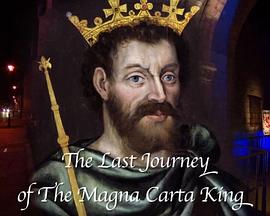 剧情介绍
剧情介绍
Ben Robinson retraces the dramatic last days of King John, England's most disastrous monarch, and uncovers the legend of his lost treasure. Ten days took King John from ruler of an empire to sudden death, and left the kingdom in ruins. John is famous for the creation of Magna Carta, which inspired our modern democracy. Ben follows in the footsteps of the King's epic last journey, from the treacherous marshes of East Anglia, through Lincolnshire and Nottinghamshire, to his final resting place in Worcester. He is joined by medieval historian professor Stephen Church. Together they examine the truth behind the legend that has lived on for 800 years. Did the crown jewels really end up in the mud of the Wash Was the King poisoned Does he deserve his reputation as our most disastrous monarch Thanks to unique documents, we can tell this epic tale in the King's own words. Not only can we get into the mind of the Magna Carta King, we can reveal in fantastic detail how and where he travelled. Ben reveals what happened when treasure seekers attempted to find the King's lost jewels with the help of a diviner. And using the latest technology reveals how we can actually see back in time to reveal the landscape as it would have looked when King John made his last journey 800 years ago.
扫码用手机观看
分享到朋友圈

